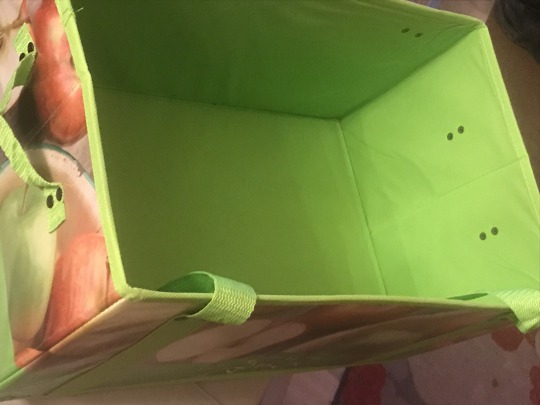#zoosprotect wholesomefood protectoursacredwaters
Explore tagged Tumblr posts
Text
Part 7. In-class Blog Questions B ( /5)
Zoos
A. What role, if any, should zoos play in conservation/education?
- If necessary when needed, conservation should only be an option when the animal is marked as an endangered species or below. To conserve means to protect wildlife, especially an environmentally or culturally significant animal from harm or destruction.
During conservation efforts, Zoos then should inform and bring awareness of the wildlife animals being held inside the zoos. Information such as where do they come from, what they eat, what's affecting the population, what we can do to reduce problems affecting their population.
An example is our own Winnipeg Zoo, which does educate the public of what polar bears are, and information relating to each specific bear. Researchers and staff work to conserve each bear until they are ready to transitioned to live in wildlife when they’re older. Examples include the nine orphaned polar bear cubs at the zoo, polar bears, which are known to be marked as endangered due to mainly pollution, poaching and unregulated hunting.
B. Is it ethical to keep animals in zoos? If so, what size/type of animal or zoo?
- I do believe its ethical to keep (some) animals that are listed as an “endangered species.” But depending on the size of animals, enough space for animal comfort, be similar to their local habitats, and have companionship with same species animal (unless a tiger or predator). Kind of a grey issue, since I do believe that all animals should be out in the wild free. Although small animals are fine since most spaces are large enough for each individual small animal. Each zoo should consider, when taking a large animal, such as camels, and or elephants should also match the space required for an animal to feel comfortable and not place an animal to feel “Repetitive behaviours: with no goal or function observed in captive animals in abnormal and barren environments. Can be indicative of environments that do not allow animals to satisfy their normal behavioural needs.” (Class notes: Zoos)
An example can be the camels, for big mammals, seem to have a slightly small area for their own use.
https://www.assiniboineparkzoo.ca/zoo/home/explore/animals/mammals/page/3

C. Do you enjoy visiting zoos?
- Personally, no. The only time I find the need to go to a Zoo is during day camp, to take the children to the zoo to education them the most on animals and why they’re in the zoo. Although the kids are mostly hyper and run around, I believe that repeated exposure to information eventually would bring awareness in youth on animals status in the world!
Food
Consider your food system:
A. What do you like about it?
- What I like about my food system is that I have chosen it, therefore making it delicious to me. Since it considered mostly packaged food from home, consisting of mostly fruits, vegetables, and relatively medium sized meat/chicken with a carb that best suits the protein. Such as fried rice, steamed vegetables, cut chicken, and a mixture of soya sauce.
I have mostly three to four meals per day throughout time. (Breakfast, late lunch, dinner, and a snack if needed). Mostly consisting of homemade food instead of junk food, mainly for a better diet, since I mostly want to know calorie intake, protein, carbohydrates and other nutritional facts being placed into my body.
B. What do you dislike about it?
- Wholesome food is not very cheap to buy, especially since bought in either bulk or in small quantities no matter if purchased from local or Costco. Although hats off to me for following a mostly home cooked diet plan, it also stressed my wallet out numerous times.
Unfortunately, the packaging sometimes comes in consists of big cardboard boxes, or plastic containers (such as grapes), something which I wish can change to environmentally healthier packaging. Although I bring my own reusable bags, nothing can stop the company from using these cheap materials to package our food that later becomes useless and thrown out.

Consider taste, nutrition, cost, equity, and environmental issues
Oceans
A. What are your primary concerns about the oceans?
- Hearing about the garbage made from us, that is inside the oceans. We know that waste that enters the sea can end up anywhere in the world and affect local wildlife, and environment which can pose health risks. There are areas that garbage is flowing to, what steps we are taking to clean our oceans and prevent trash from ending up in the oceans.
https://www.cbc.ca/news/canada/british-columbia/40-tonnes-of-garbage-pulled-from-vancouver-island-beaches-1.3781567
B. What, if anything, do you plan to do about it?
- Obviously, living in Winnipeg and nowhere near the ocean unless living close to Hudson Bay. As an individual, I am not continuously searching which items that can be recycled, will be thrown into the blue boxes given by the city of Police. Most of all, to reuse some plastics that can be cleaned and weren’t used to store cleaning chemicals, should be reused to container leftovers, or for other purposes.
1 note
·
View note